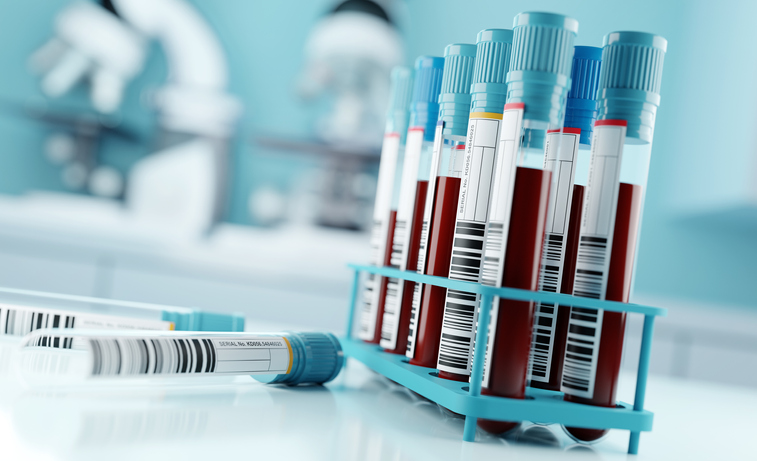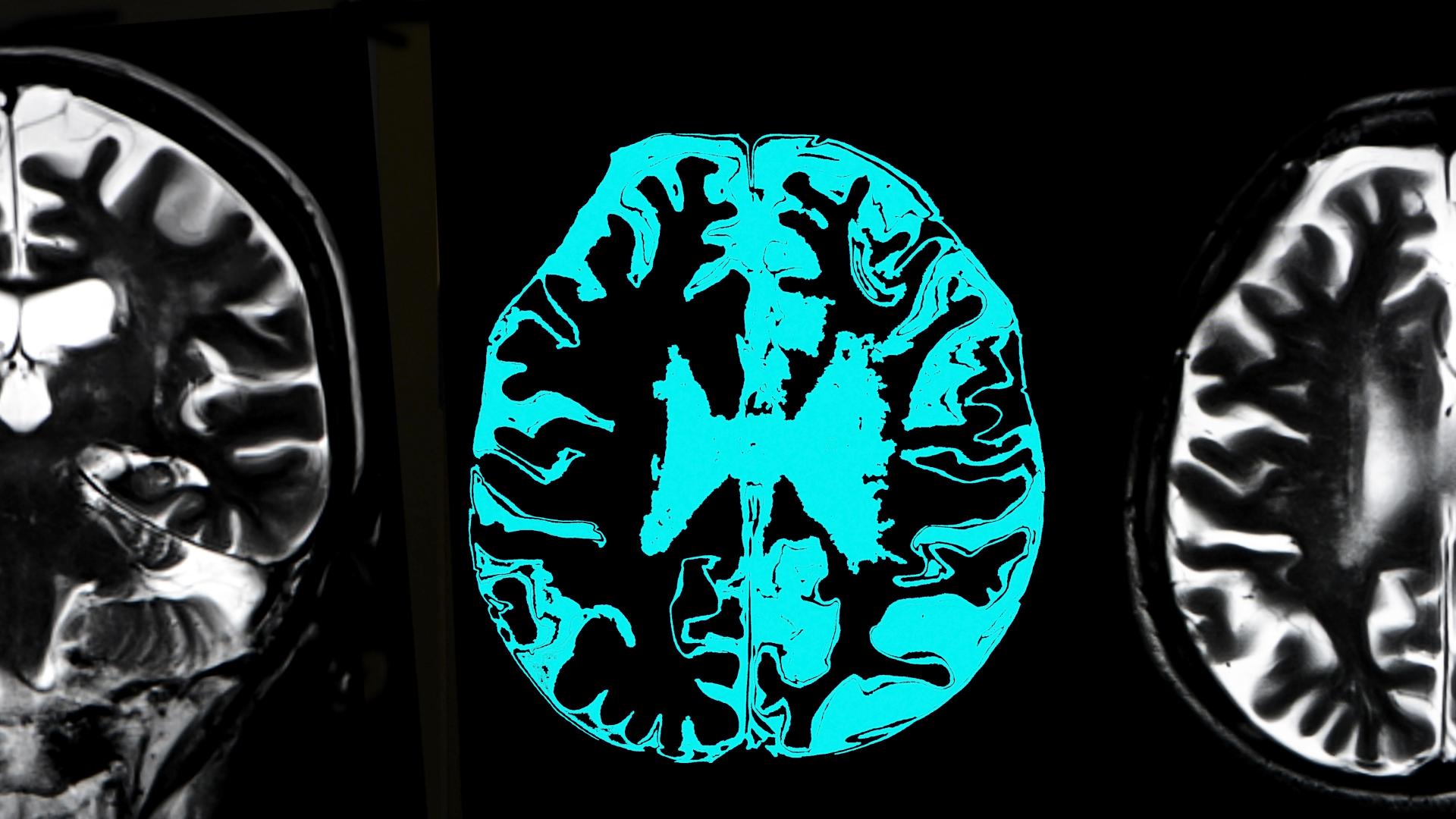
A next-generation Alzheimer’s blood test could facilitate a more accurate diagnosis of Alzheimer’s disease in its earlier stages at a reduced cost to patients. The new test, expected to launch in early 2023, is the next iteration of the existing PrecivityAD® blood test, which received critical early support from Alzheimer’s Disease Research, a program of BrightFocus Foundation.
A key difference between the current and new test is the proteins they detect. Like the current blood test, the new PrecivityAD2™ blood test measures the ratio of two types of amyloid-beta protein in the blood, but the new test also measures tau, another key protein involved in Alzheimer’s disease. Scientists believe that amyloid-beta and tau interact in ways to make Alzheimer’s disease progress.
In clinical studies, combining these proteins appears to achieve comparable levels of diagnostic performance as the current clinical gold standards of amyloid PET imaging and cerebrospinal fluid tests (CSF), according to a press release from the manufacturer, C2N Diagnostics.
“The ability to measure both tau and amyloid-beta in one blood test is incredibly exciting,” said Diane Bovenkamp, PhD, Vice President, Scientific Affairs, at BrightFocus. “While amyloid-beta has traditionally been the go-to measure for detecting Alzheimer’s disease, recent studies have shown that measuring tau could detect Alzheimer’s at even earlier stages.”
The PrecivityAD2™ test uses a statistical algorithm to calculate an Amyloid Probability Score 2, which determines whether someone is positive or negative for brain amyloid plaques—a hallmark of Alzheimer’s disease.
“With the PrecivityAD2™ blood test, we believe clinicians in most cases will have the option to avoid the need for additional CSF or amyloid PET imaging to help promptly rule in or rule out the presence of amyloid plaques for their patients with cognitive impairment. This could accelerate time to diagnosis and proper treatment for many patients, enhance patient access and convenience, and reduce costs by eliminating more complex and costly amyloid detection tests,” said Dr. Joel Braunstein, president and CEO of C2N.
Early diagnosis makes it possible for people with Alzheimer’s and their families to move on to the next steps, such as learning about the disease, finding the right care team, making healthy lifestyle changes to protect their brains, and starting beneficial treatments.
A team of former Alzheimer’s Disease Research grantees led the discovery and development of the first-generation PrecivityAD blood test—the first Alzheimer’s blood test to reach the market. Randall Bateman, MD, and David Holtzman, MD, both of Washington University School of Medicine in St. Louis, partnered with biotech entrepreneurs Phillip Verghese, PhD, and Joel Braunstein, MD, MBA, to form C2N Diagnostics, whose groundbreaking blood test became commercially available in 2020.
“Taking an idea, or a hypothesis, to the point where it has an impact on a disease is a long journey,” Dr. Bateman said. “Yet the rewards—in terms of earlier diagnosis and accelerating cures—were so substantial, we were invigorated to press on.”
“It’s taken a lot of teamwork to get to this point, and we are grateful to BrightFocus and its donors for believing in our efforts,” he said.
For more information, read the press release from C2N.
About BrightFocus Foundation
BrightFocus Foundation is a premier global nonprofit funder of research to defeat Alzheimer’s, macular degeneration, and glaucoma. Through its flagship research programs — Alzheimer’s Disease Research, Macular Degeneration Research, and National Glaucoma Research— the Foundation has awarded nearly $300 million in groundbreaking research funding over the past 51 years and shares the latest research findings, expert information, and resources to empower the millions impacted by these devastating diseases. Learn more at brightfocus.org.
Disclaimer: The information provided here is a public service of BrightFocus Foundation and is not intended to constitute medical advice. Please consult your physician for personalized medical, dietary, and/or exercise advice. Any medications or supplements should only be taken under medical supervision. BrightFocus Foundation does not endorse any medical products or therapies.
- Treatments










